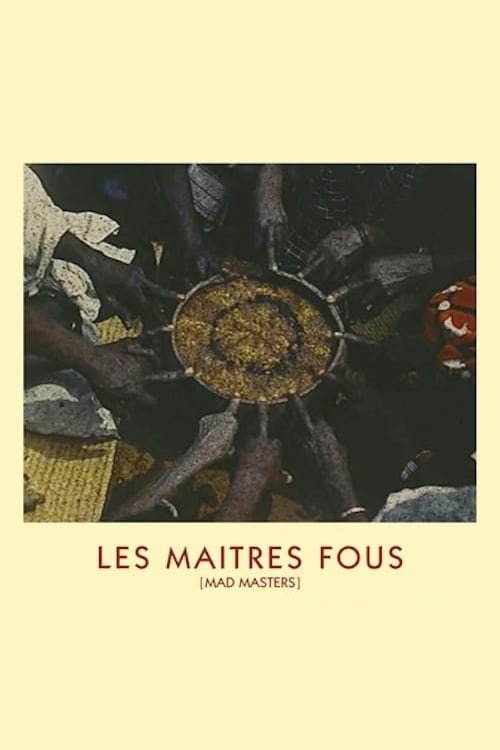Director: Jean Rouch
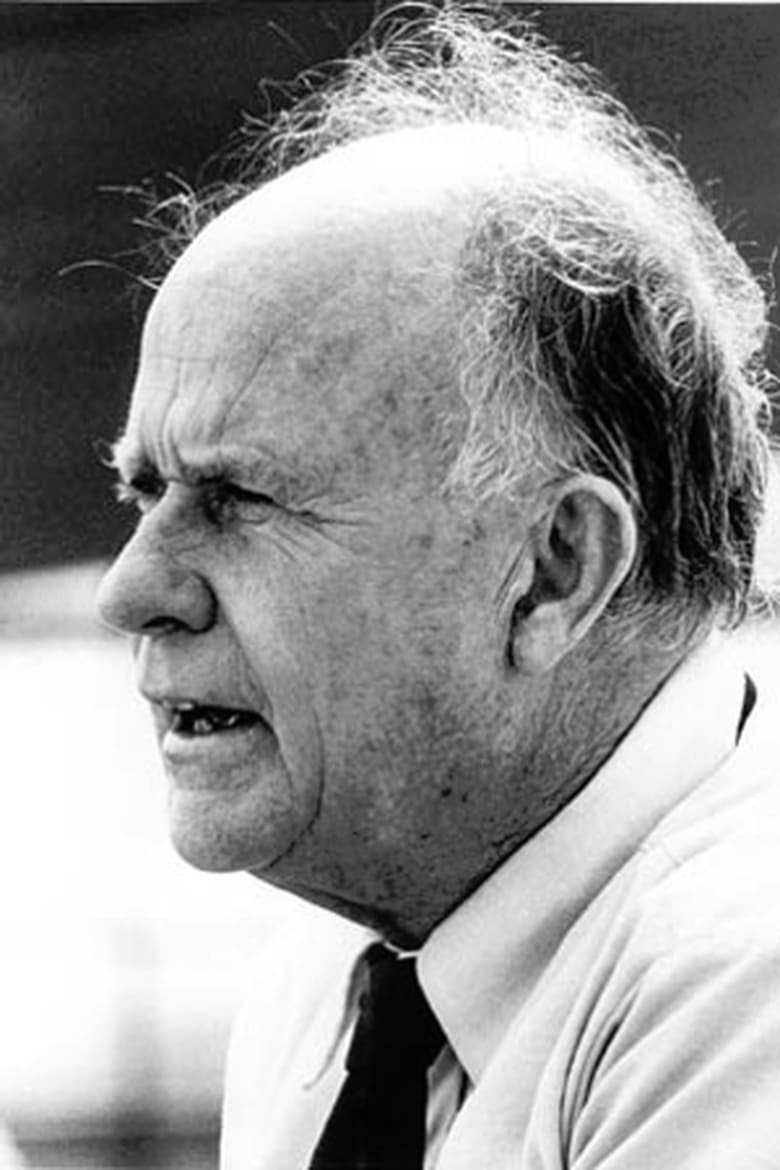
Birthday: 1917-05-31
Born in: Paris, France
Biography: From Wikipedia, the free encyclopedia Jean Rouch (French: [ʁuʃ]; 31 May 1917, Paris – 18 February 2004, Niger) was a French filmmaker and anthropologist. He is considered to be one of the founders of cinéma-vérité in France, which shared the aesthetics of the direct cinema. Rouch's practice as a filmmaker for over sixty years in Africa, was characterized by the idea of shared anthropology. Influenced by his discovery of surrealism in his early twenties, many of his films blur the line between fiction and documentary, creating a new style of ethnofiction. He was also hailed by the French New Wave as one of theirs. His seminal film Me a Black (Moi, un noir) pioneered the technique of jump cut popularized by Jean-Luc Godard. Godard said of Rouch in the Cahiers du Cinéma (Notebooks on Cinema) n°94 April 1959, "In charge of research for the Musée de l'Homme (French, "Museum of Man") Is there a better definition for a filmmaker?" Along his career, Rouch was no stranger to controversy.
Born in: Paris, France
Biography: From Wikipedia, the free encyclopedia Jean Rouch (French: [ʁuʃ]; 31 May 1917, Paris – 18 February 2004, Niger) was a French filmmaker and anthropologist. He is considered to be one of the founders of cinéma-vérité in France, which shared the aesthetics of the direct cinema. Rouch's practice as a filmmaker for over sixty years in Africa, was characterized by the idea of shared anthropology. Influenced by his discovery of surrealism in his early twenties, many of his films blur the line between fiction and documentary, creating a new style of ethnofiction. He was also hailed by the French New Wave as one of theirs. His seminal film Me a Black (Moi, un noir) pioneered the technique of jump cut popularized by Jean-Luc Godard. Godard said of Rouch in the Cahiers du Cinéma (Notebooks on Cinema) n°94 April 1959, "In charge of research for the Musée de l'Homme (French, "Museum of Man") Is there a better definition for a filmmaker?" Along his career, Rouch was no stranger to controversy.
Known for
7.2
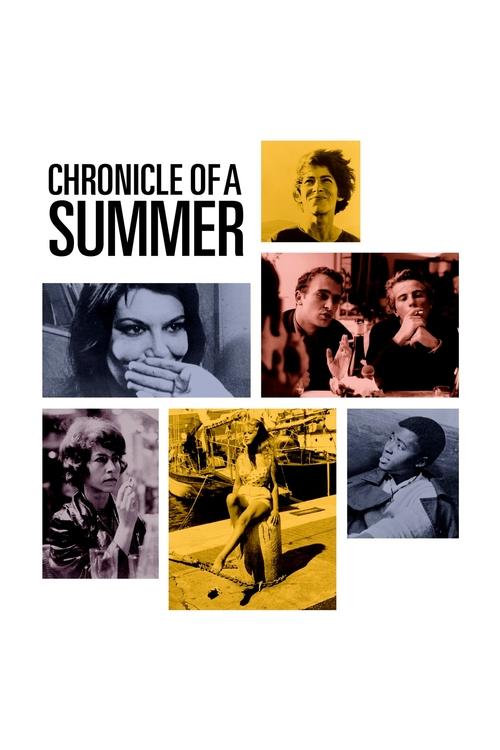
6.5
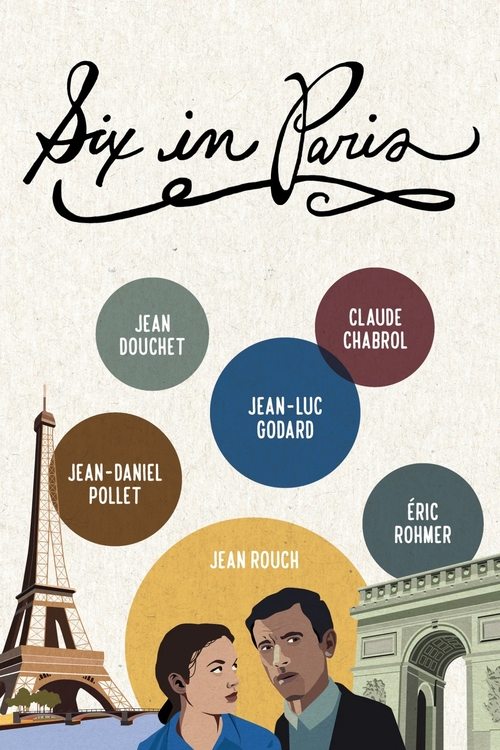
7.3
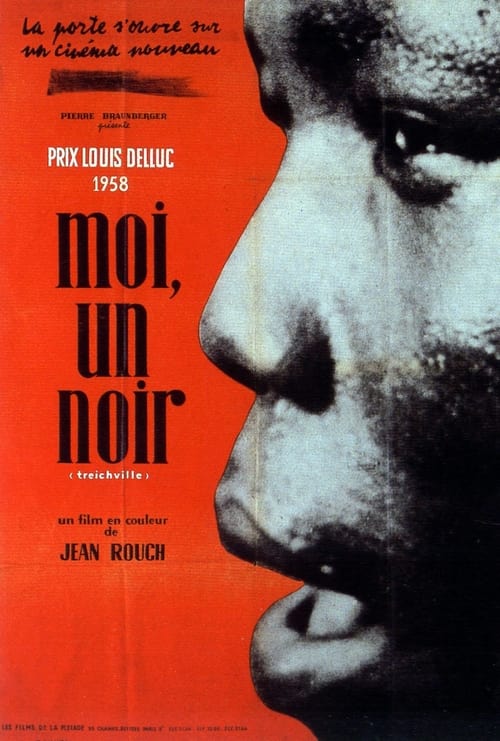
6.6
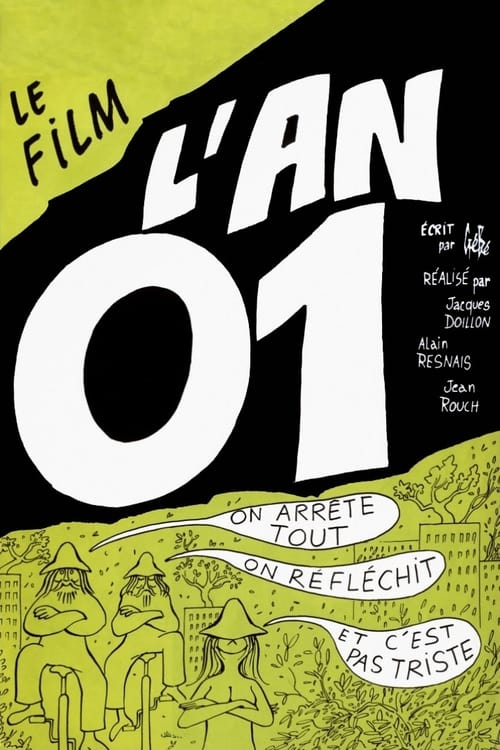
6.6
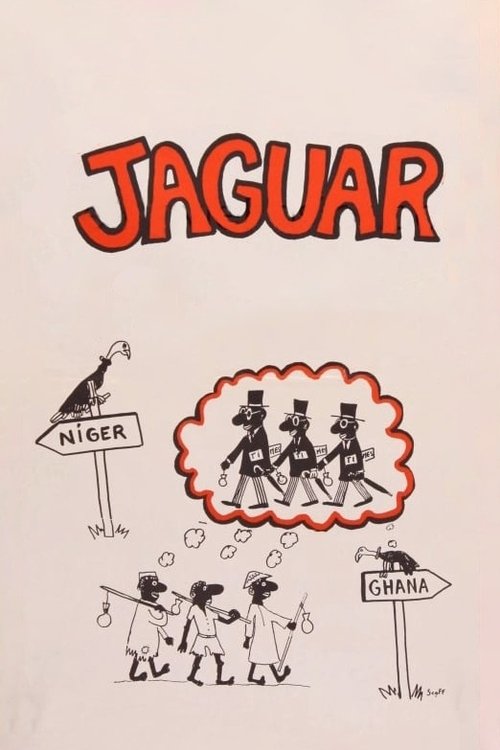
6.2
